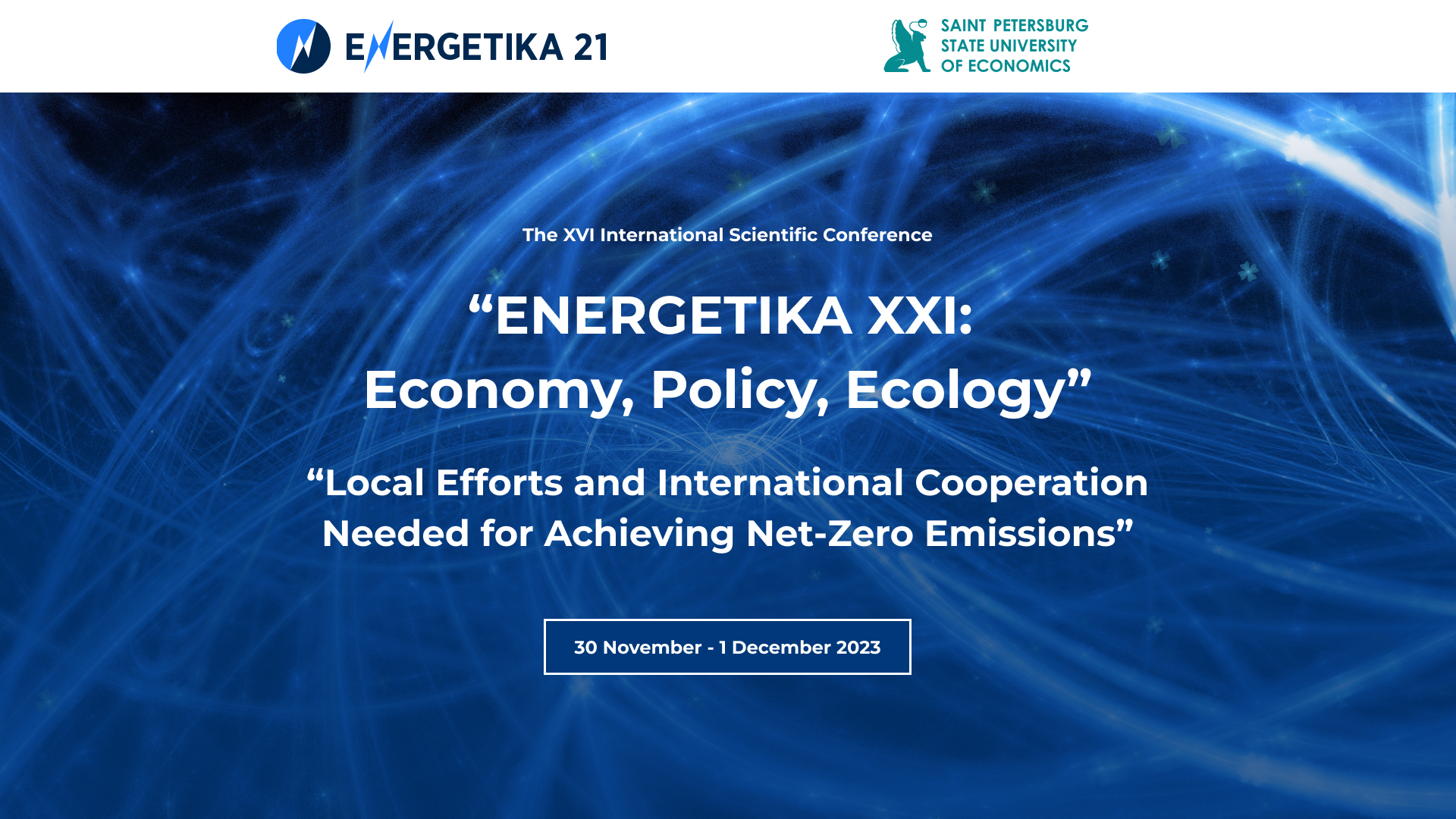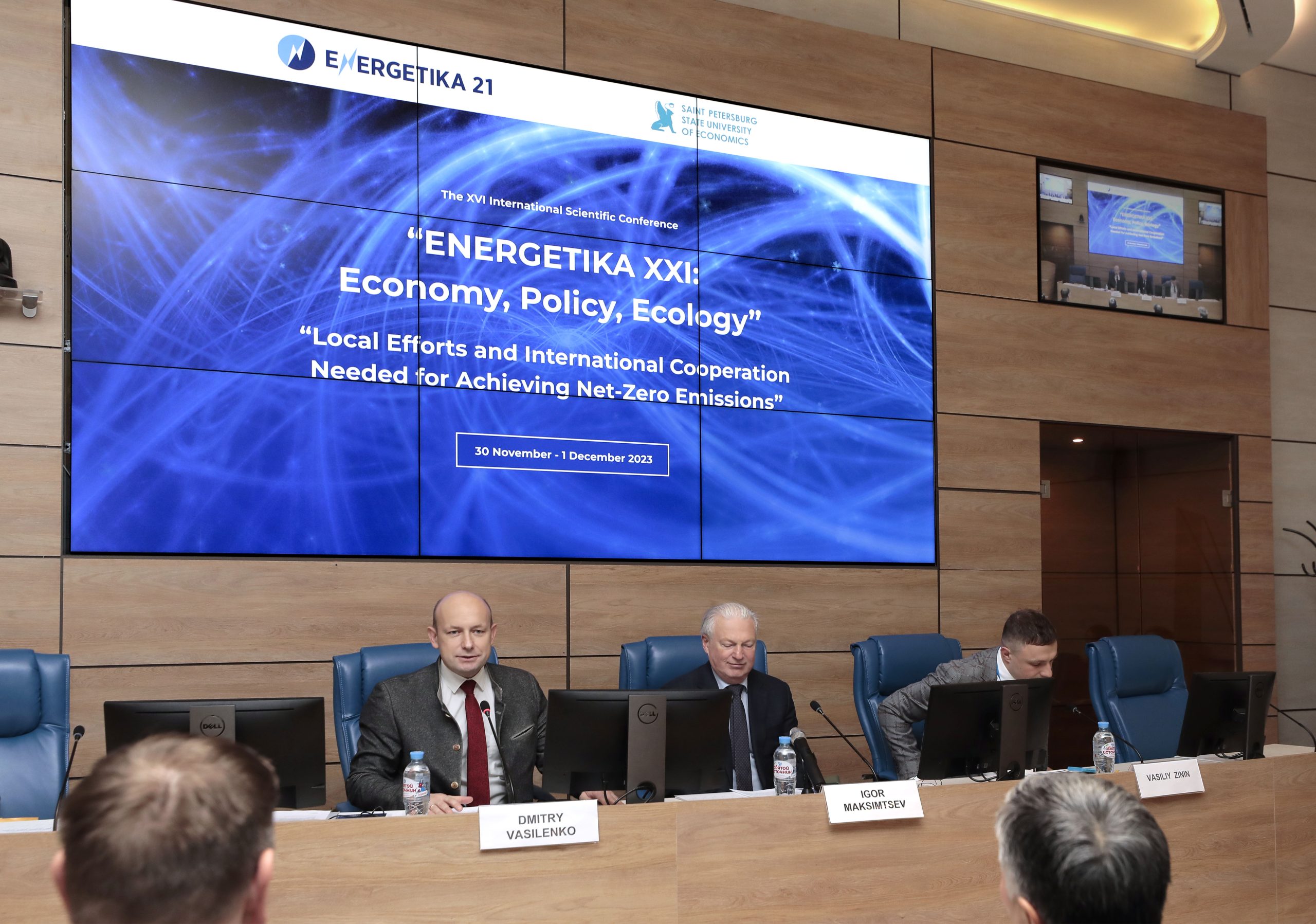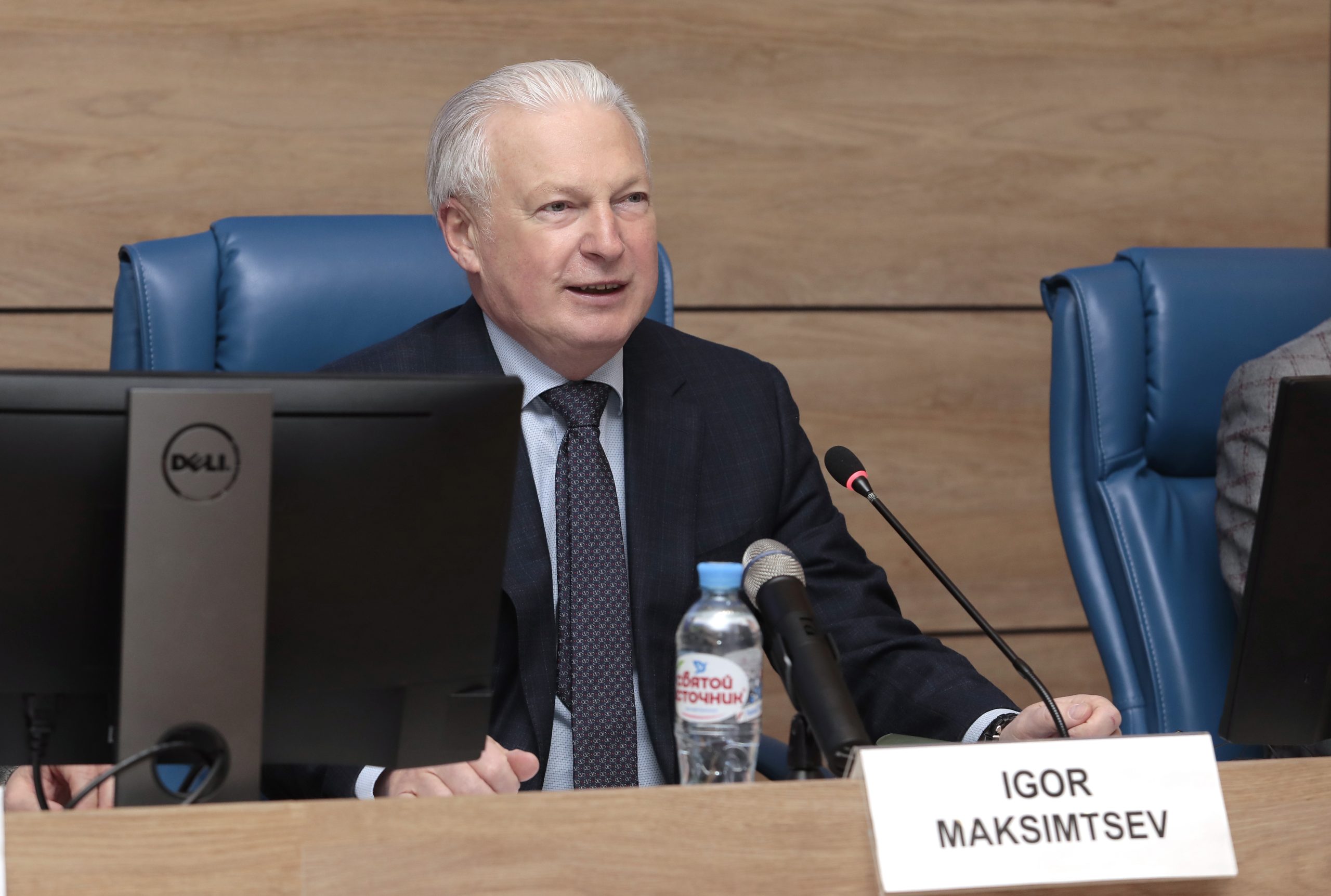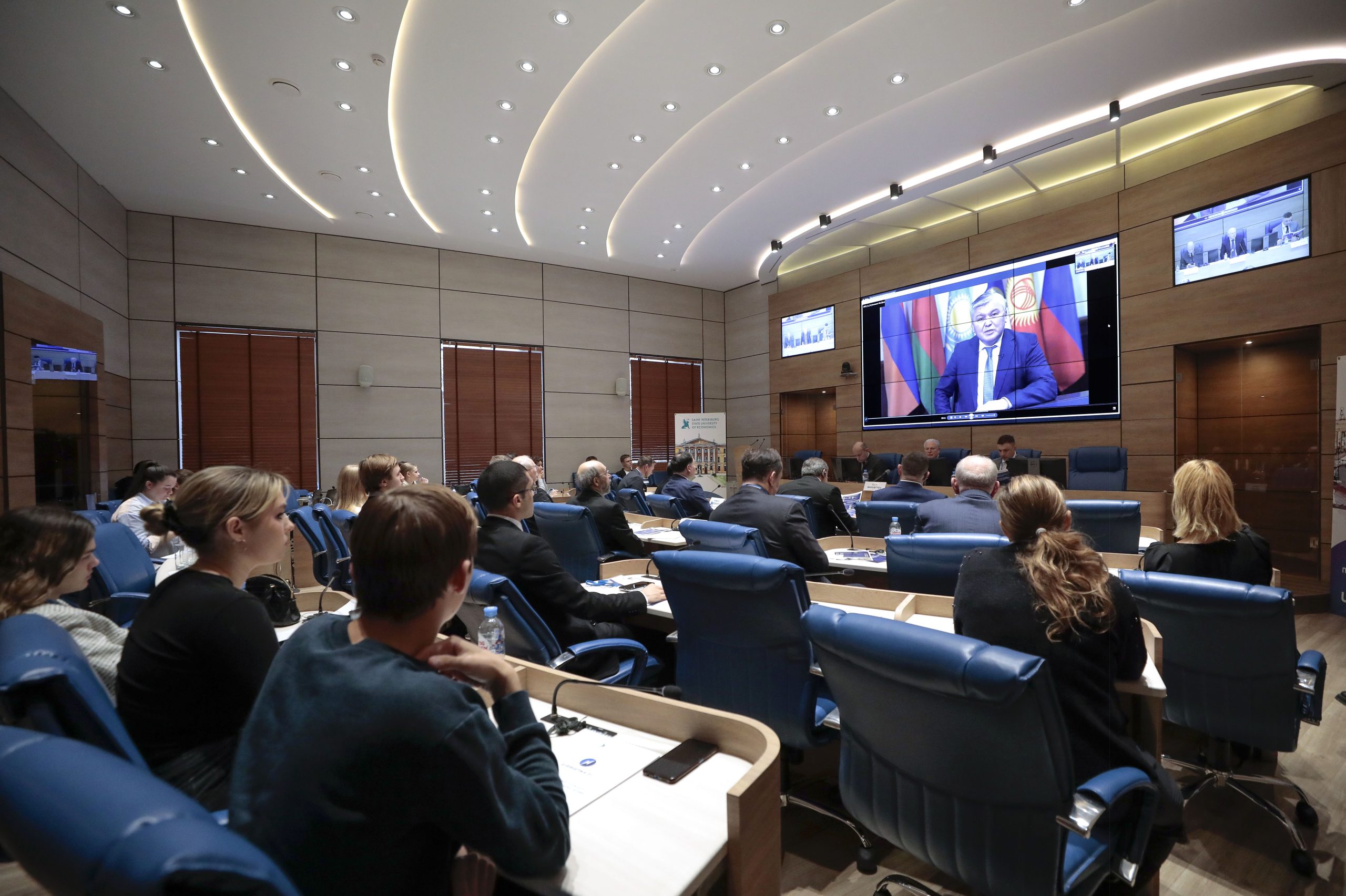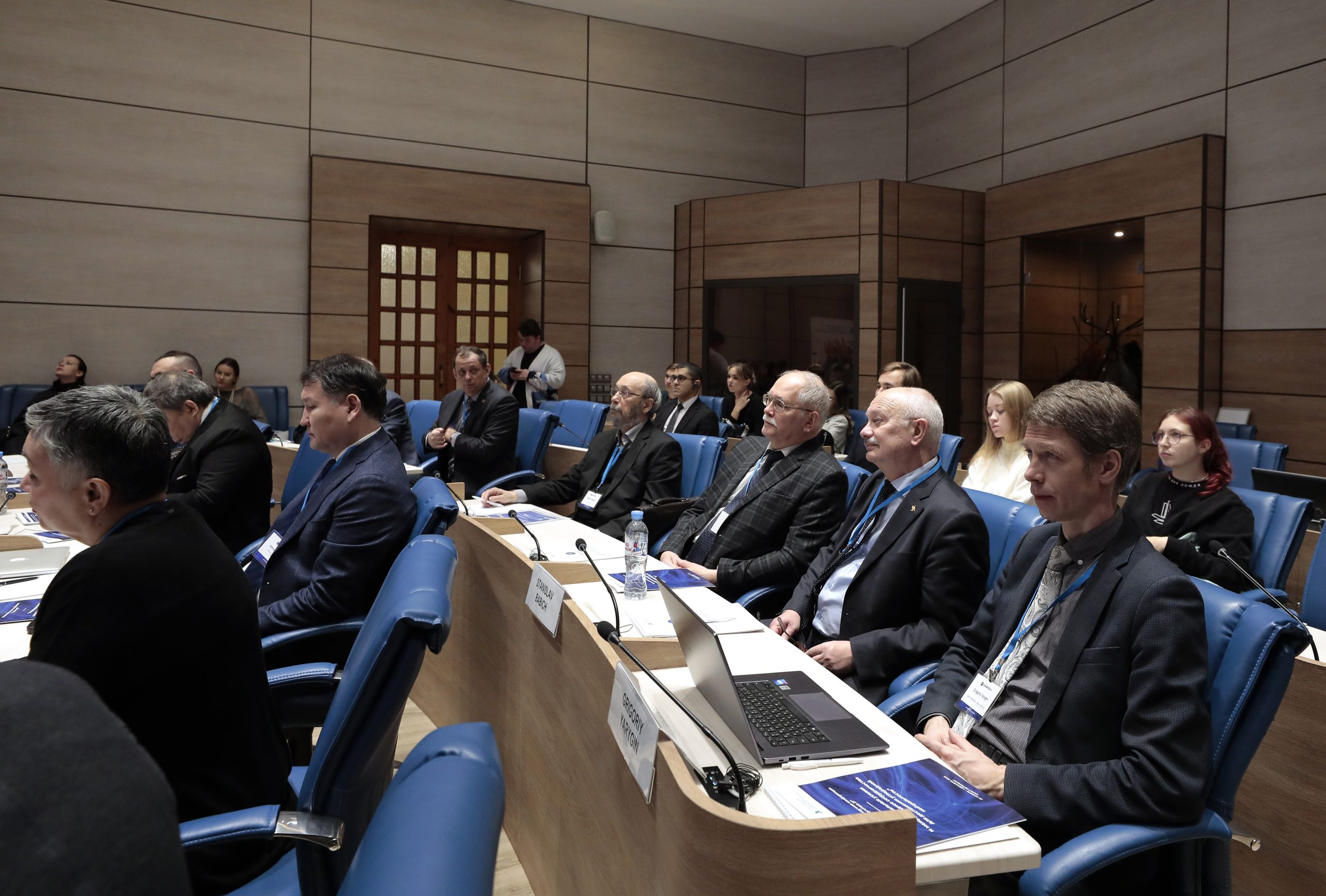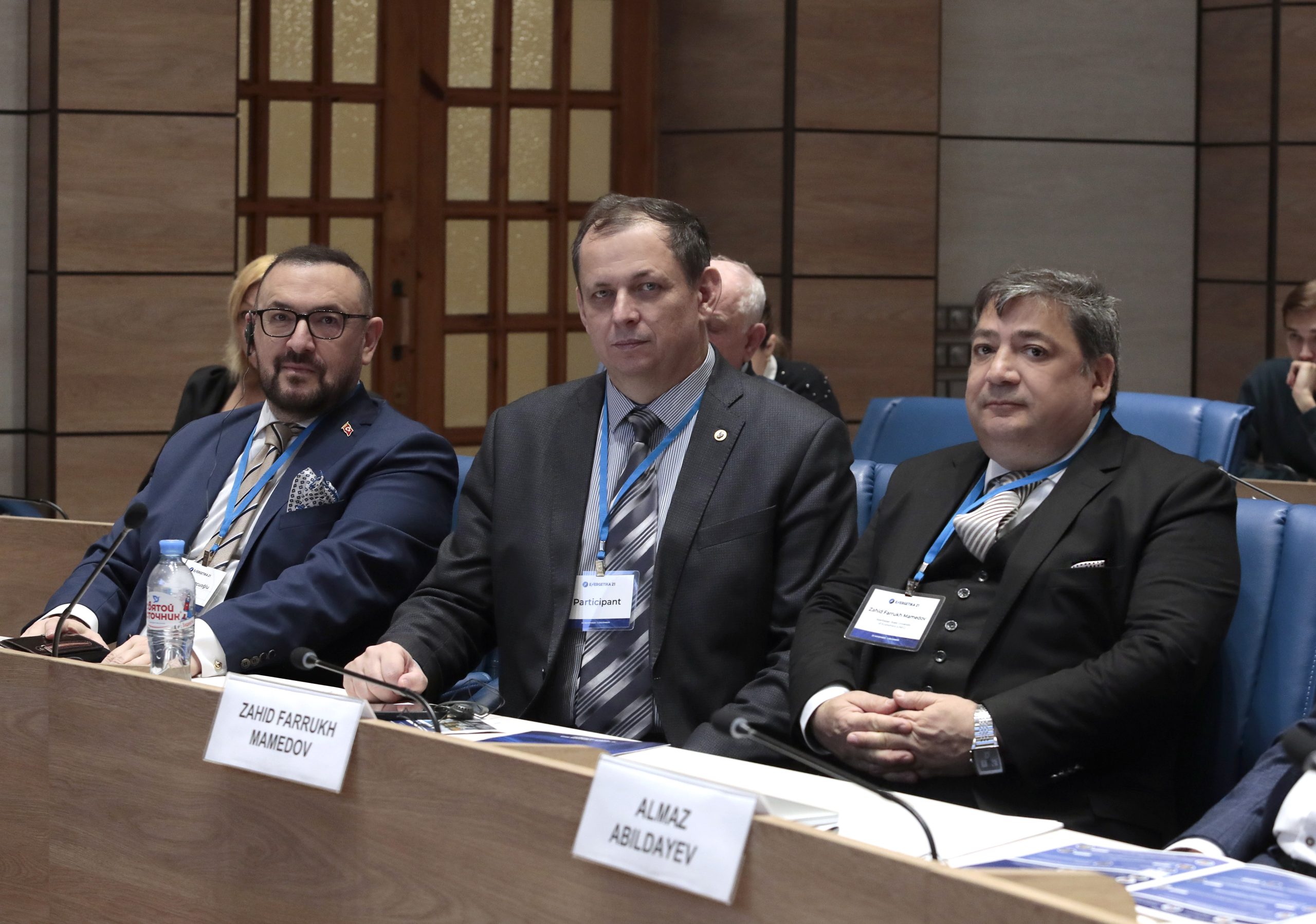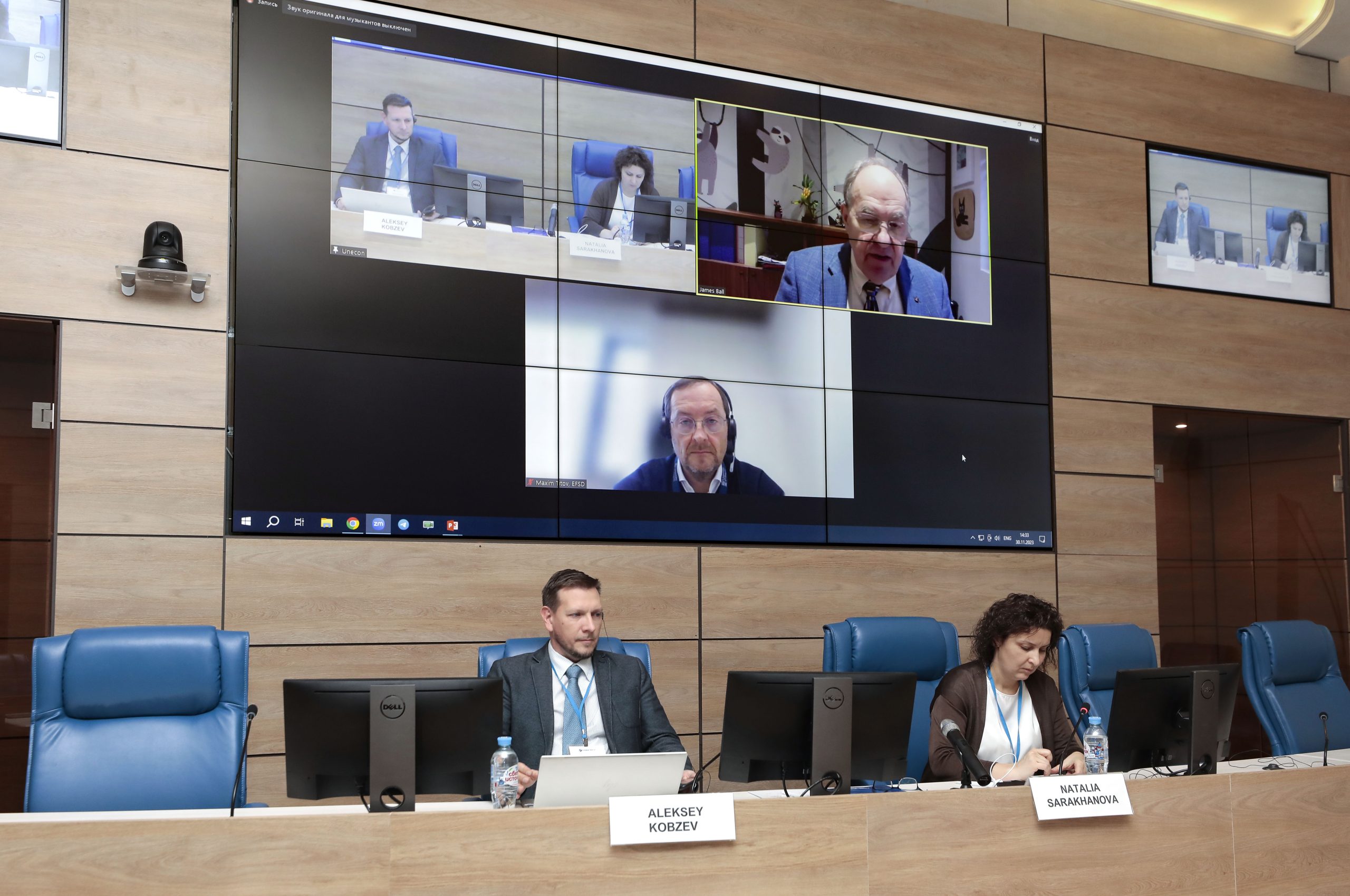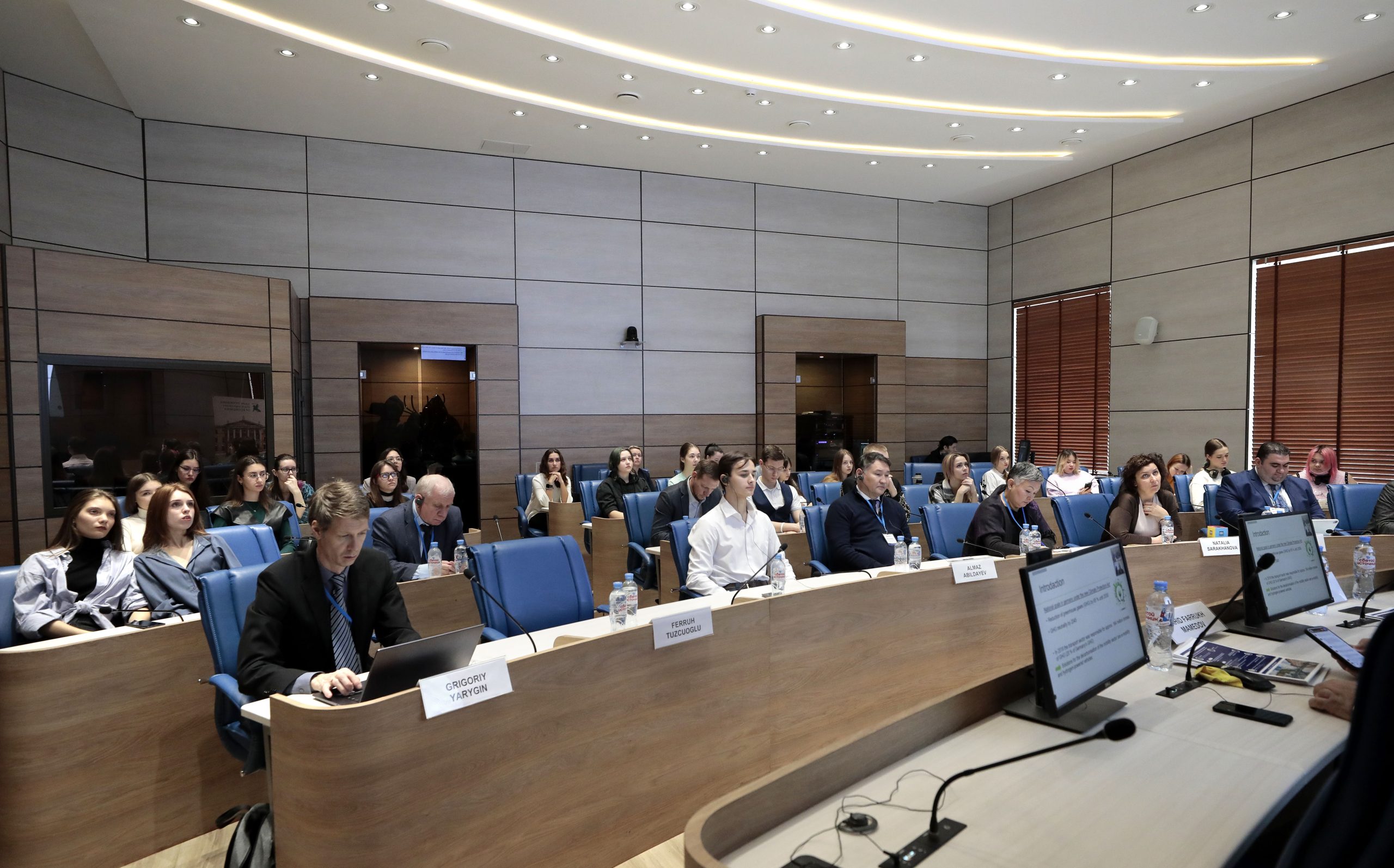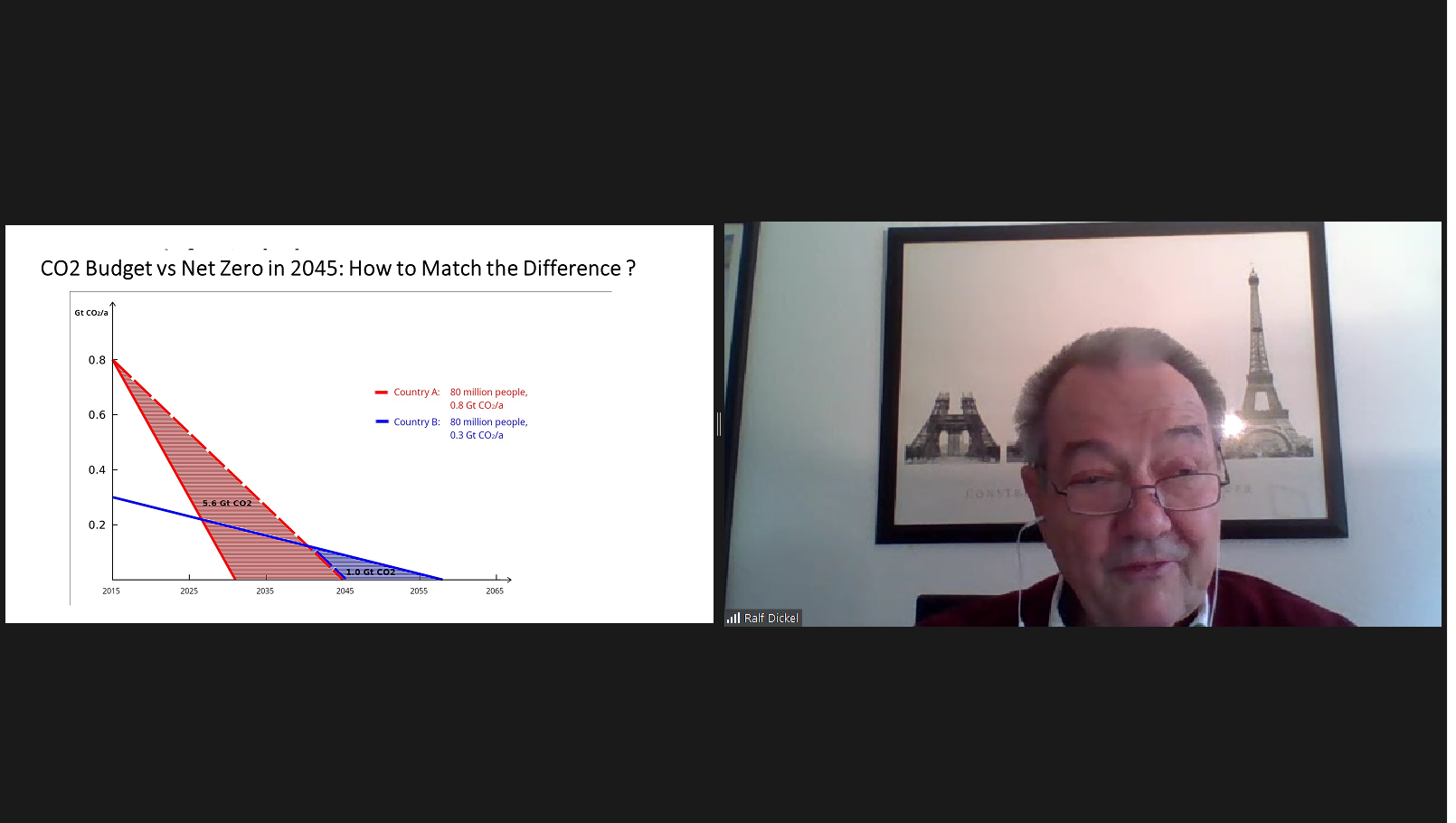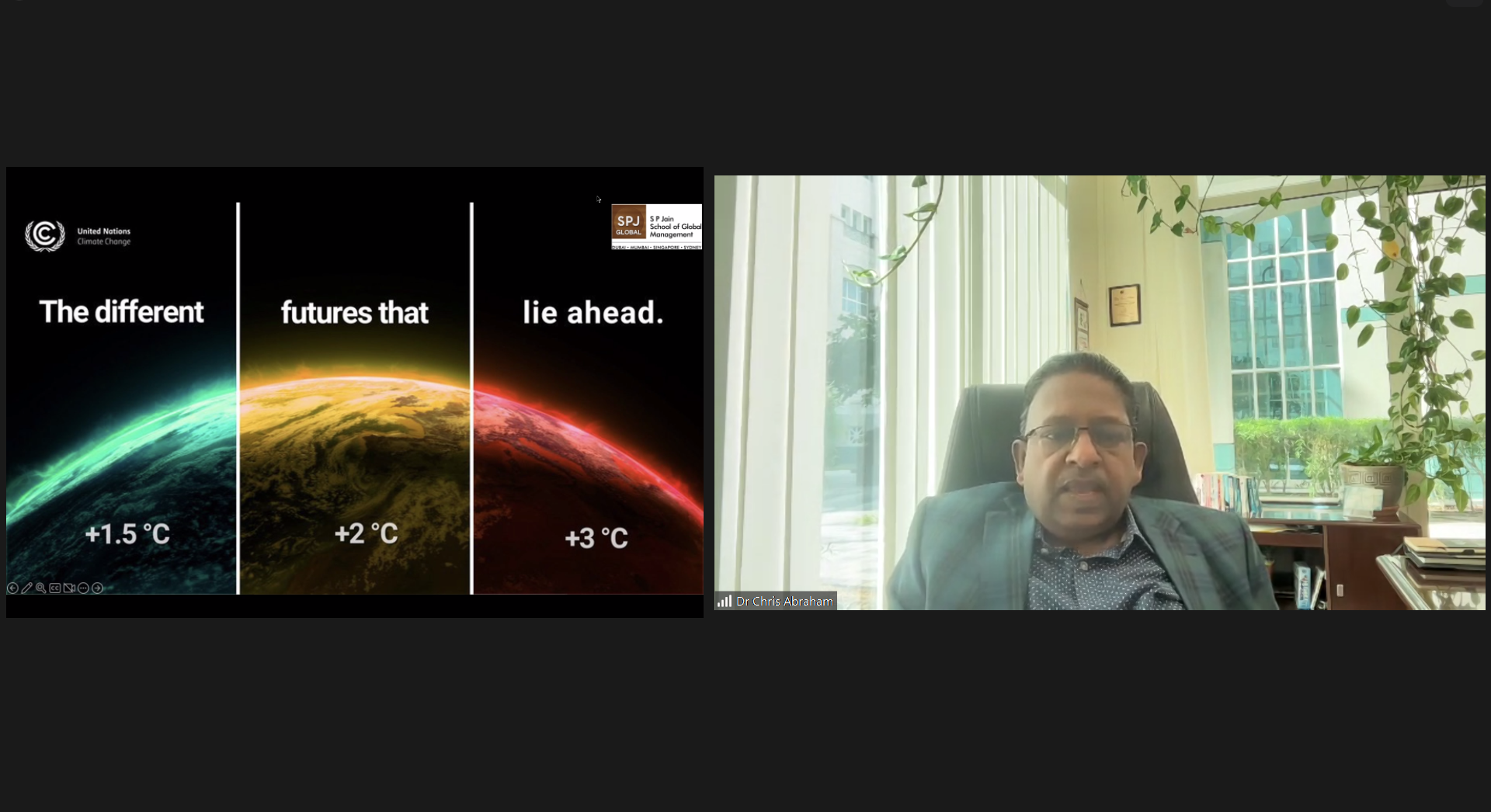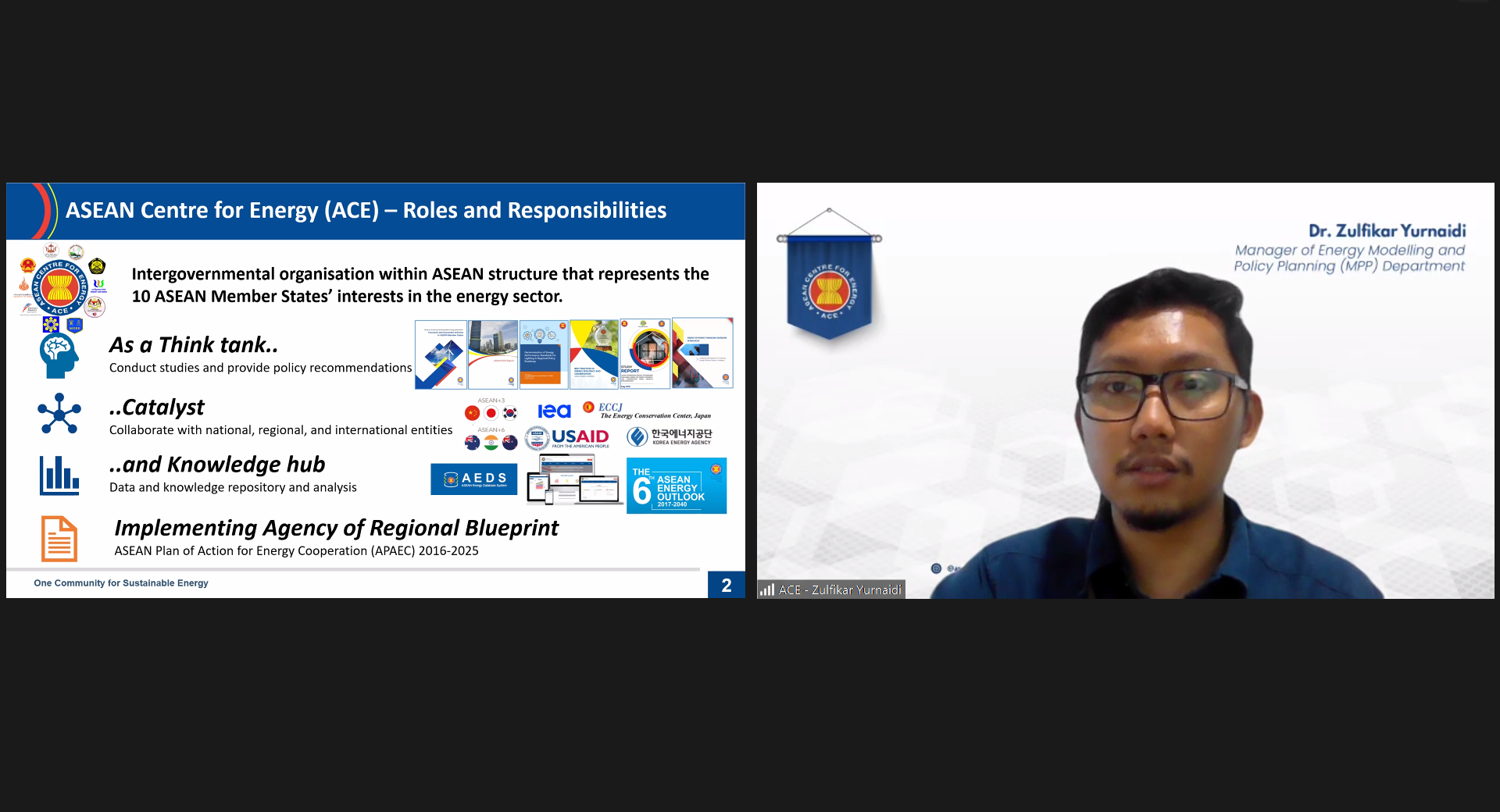The XVI International Scientific Conference “Energetika 21” was traditionally held at St. Petersburg State University of Economics on 30 November -1 December 2023 in hybrid format. The topic of the conference was “Local Efforts and International Cooperation Needed for Achieving Net — Zero Emissions”
Energetika 21 annually serves as a platform for discussion, addressing energy, environment and GHG issues. In times of increasing global tensions Energetika 21 focuses on topics of common global interest, such as the unanimously agreed targets of the Paris Agreement (PA) and the various approaches to achieve them from global, regional and local perspectives.
This year Energetika conference has been held in the format of cycle of four workshops. The workshop “Decarbonization in Kazakhstan in a Central Asian context” was successfully held in February in Almaty, the workshop “Towards Sustainable Energy: Regional Cooperation and Global Context” in Baku, in May and the workshop “The Potential of Cooperation for Decarbonisation in the Central Asian Region„ took place in Bishkek in October this year.
Each country (and Russia is not an exeption) is responsible for meeting the targets of the Paris Agreement, that implies necessary condition — achieving net-zero maximum by 2050. This goal requires from different countries different efforts, but it is clear that international cooperation will considerably contribute to achieving net-zero, in particular energy policies and energy infrustracture use. Due to this, the Plenary session and the Session 1 were devoted to regional and cross-border cooperation to achieve net-zero emissions. There were presented the examples of such cooperation in the Northen Europe (Ralf Dickel, Independent expert), the Central Asia (Maxim Titov, The Eurasian Fund for Stabilization and Development and Aleksey Kobzev, Independent Expert on Energy Transition) and ASEAN countries (Vasily Zinin, NGV Association and Zulfikar Yurnaidi, ASEAN Centre for Energy). Russian experts discussed the challenges of regional cooperation and competition with colleagues from the Analytical center “Energy Aspects of Kazakhstan“, National Institute for Strategic Studies under the President of the Kyrgyz Republic and Institute for Strategic and Regional Studies under the President of the Republic of Uzbekistan.
On the second day the sessions were focused on field aspects of decarbonisation. Globally roughly 30% of final energy demand is consumed each in the building, traffic and industry sectors. Buildings and traffic account for ca 60% of final energy demand resulting in CO2 emissions from small sources which cannot be abated at the point of emission. This requires substantial structural changes to supply and use of final energy without CO2 emissions as well as reducing energy use. These changes affect everyday life of people. They are mostly handled by municipalities facing similar challenges on traffic, while the problems of buildings depend largely on climatic conditions. The university projects in the fields of urban management and decarbonisation of transport were presented by prof. Vadim Chekalin and associate professor Natalia Sarakhanova. Colleagues from the European partner universities (Jens Haubrock, Bielefeld University of Applied Sciences and Jacek Szołtysek, University of Economics in Katowice), leading Russian expert centers (Igbal Guliev, MGIMO and Grigoriy Yarygin, St. Petersburg State University) and also from foreign companies (Jens Völler, Team Consult and Aleksander Belyi, Kazakhstan Green Building Council (KazGBC)) presented the regional experience in decarbonisation of heating and transport sector.

